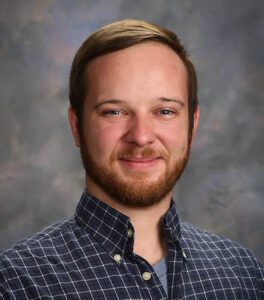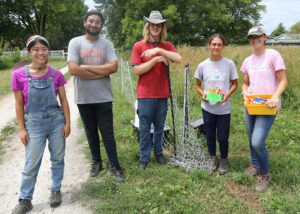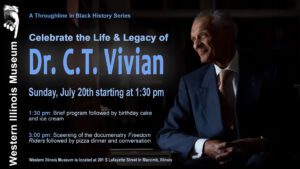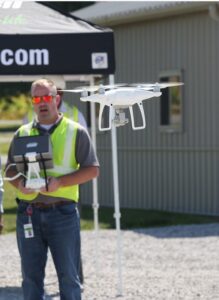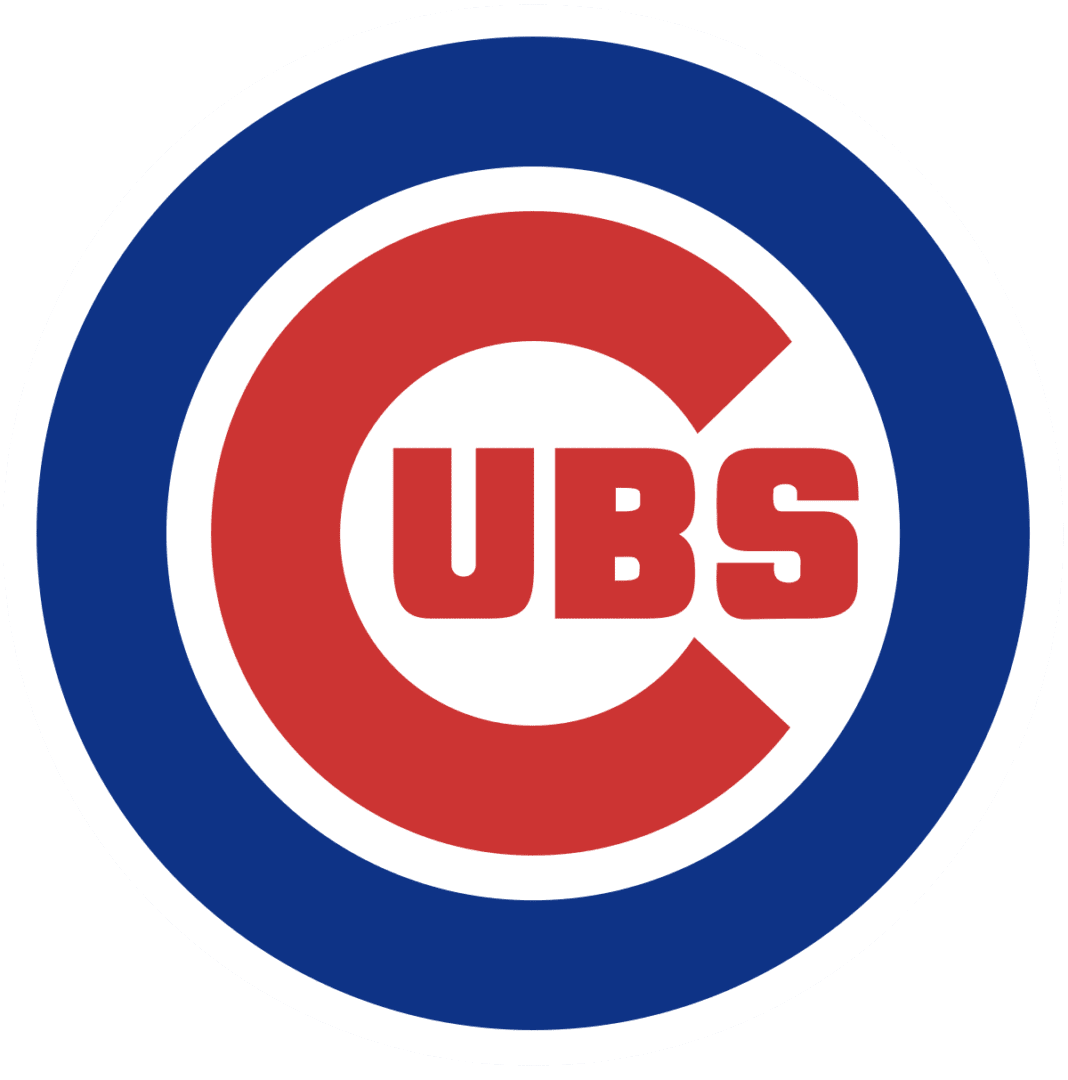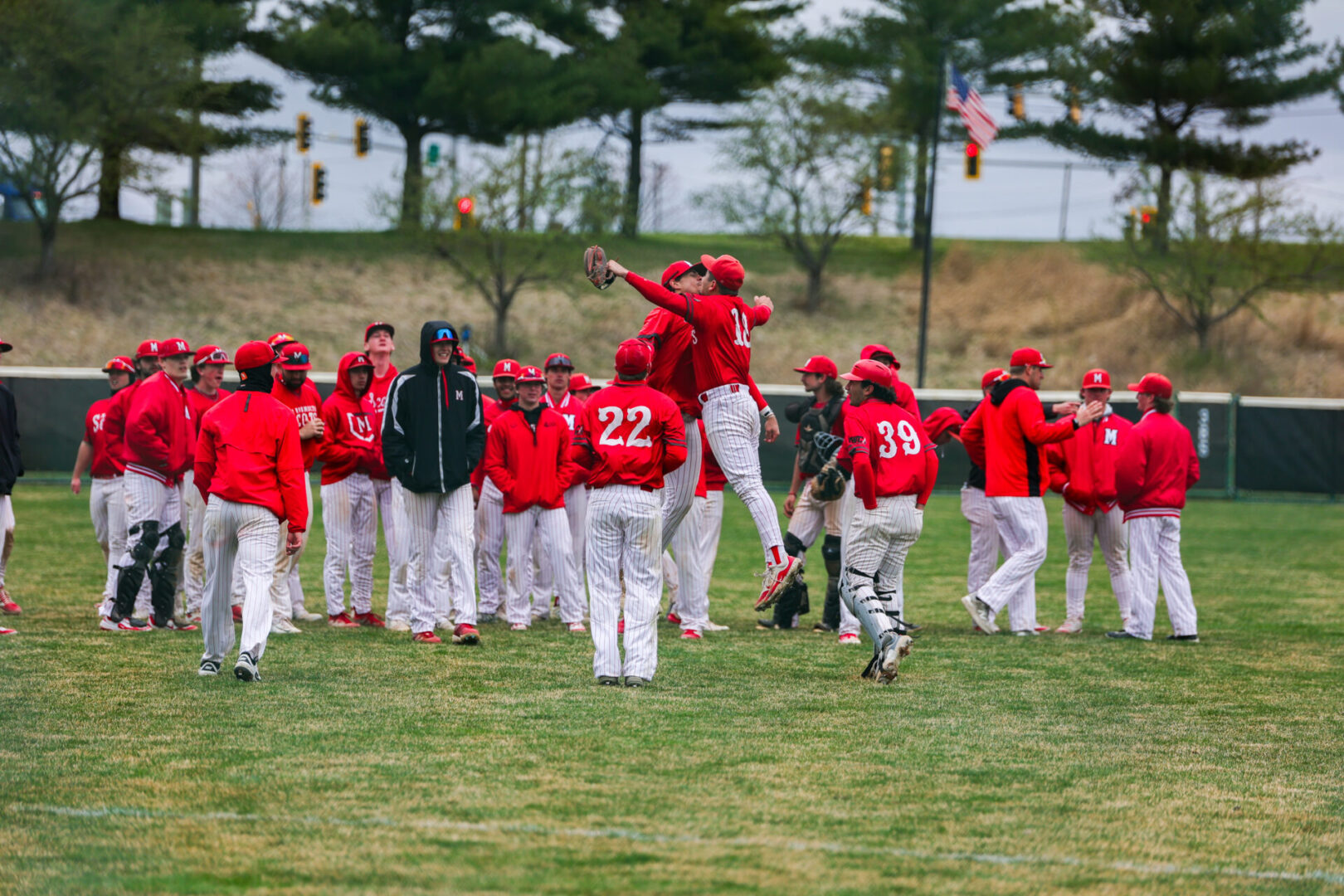By Thomas Best
Today, I am continuing with my talk about what documents, newspaper clippings, and various interesting sheets of information my friend, Sue Nelson, gave me regarding materials once possessed by her grandfather and Monmouth local historian Ralph Eckley. These materials relate to the life of one of the most fascinating western icons, “Lonesome Charley Reynolds.” If you have listened over the last two weeks, you know that Reynolds was a famous 19th western scout with army expeditions from 1874-1876 (including Custer’s tragic attack on the Little Big Horn). Reynolds, moreover, had a interesting relationship with one of the most learned men of the western U.S. in Yale’s George Bird Grinnell. Finally, a doctor turned western historian, Dr. John Gray. Gray, decades ago, wrote a short biography about “Lonesome Charley” based in part on Ralph Eckley’s research and help.
Gray made contacts with Eckley in the late 1950s, which included a visit to Monmouth and an examination of an earlier local newspaper man and local historian Hugh R. Moffett’s writings. Gray’s research revealed that Charley’s father Joseph was a doctor, specifically in his words—a “good physician”—despite not attending medical school. Gray also revealed that Charley’s father had been expelled from his church in Kentucky for not accepting the doctrines of Green River Baptist Association. Gray further provided Eckley with a script of a speech he delivered to the Chicago Corral of Westerners in October 1957. In this address, he Gray addressed the puzzling issue as to whether Charley was born in either Hardin County, Kentucky or here in Warren County. However, given his research, Gray was confident that Charley was born in Warren County.
Going through the records in the Warren County Courthouse, Gray found information belonging to Charley’s uncle, Alexander, a local teacher and preacher of the Coldbrook Christian Church. Gray revealed that Alexander originally planned, but likely never finished, twelve-square block community called “Savanna,” found just north of modern Cameron. Within Alexander’s 1839 estate records, Gray likewise discovered that Alexander left Charley’s father a collection of books, some cattle, and a 40-acre farm in Section 15 of Floyd Township where Joseph and his family came to live. Today, the Illinois site of Charley’s birth is two miles south and half mile east of Cameron and near the Silent Home Cemetery.
Finally, it should be noted that Gray clarified other falsehoods, including the hoax that Charley had ever married a girl in New Mexico. Gray, more accurately emphasized vivid tales of Charley’s adventures, including how accompanied army parties into what became Yellowstone National Park and the Black Hills in 1874 where gold had been discovered.
We will end this serendipitous account at this point today and finish up next week.


